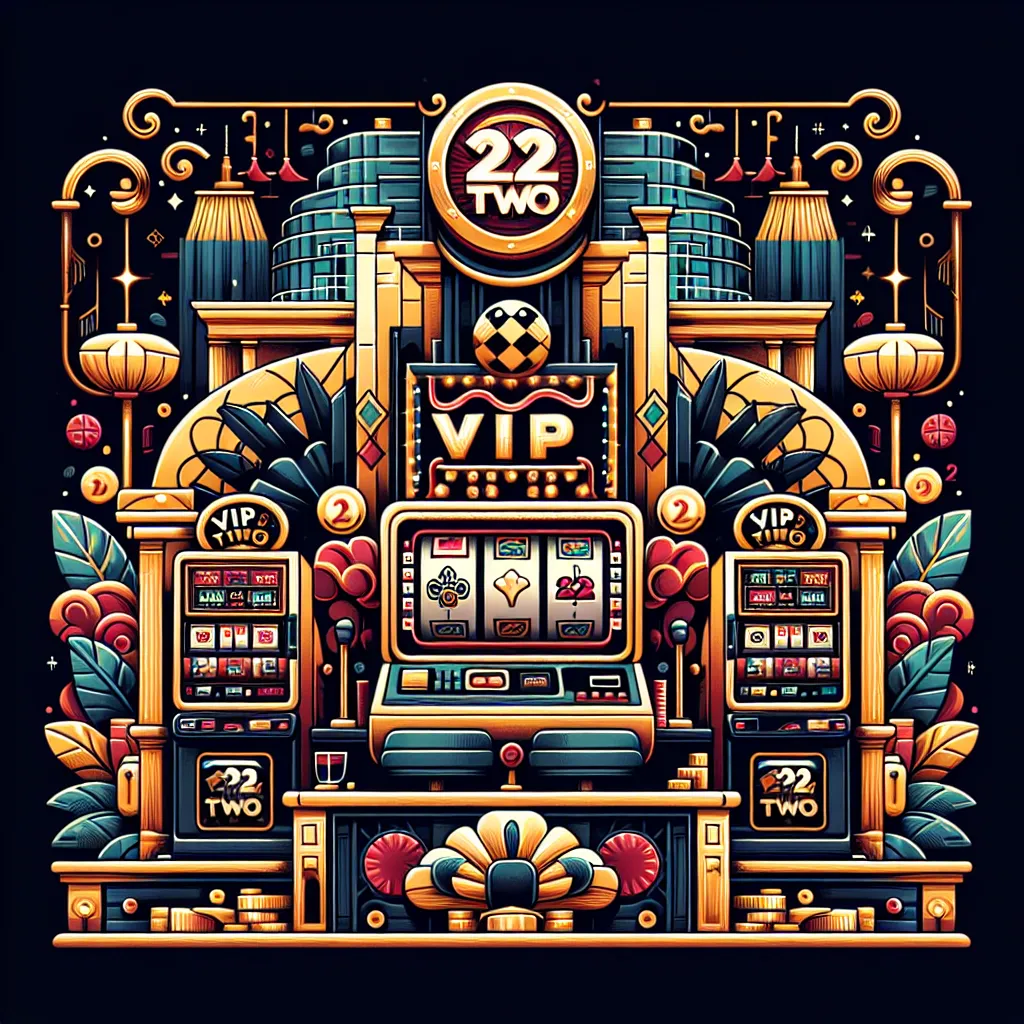Understanding the Risks of Playing Lucky Slot
The thrill of spinning the reels on a “lucky slot” is undeniable. The promise of a big win, the excitement of near-misses, and the vibrant game designs can all make for an engaging experience. However, as a responsible gambling advocate, I believe it’s crucial to recognize that these very features can also heighten risks—financial, emotional, and even social.
Slot games, by nature, are designed for rapid play and instant results. This can lead to quick losses, especially if a player is not mindful of their spending or time spent. The allure of a “lucky slot” can sometimes cloud judgment, making it easy to chase losses or play beyond one’s means. For some, this becomes more than just entertainment; it can spiral into a harmful pattern.
Responsible gambling starts with self-awareness. If you notice that you’re playing longer than intended, spending more than you planned, or feeling distressed when losing, it’s time to pause. Brands that prioritize player safety will offer tools to help—such as self-exclusion options, deposit limits, and reality checks. When you choose a platform to play lucky slot, look for those that actively encourage and facilitate responsible play.
Personally, I find it helpful to set clear intentions before starting any session: decide on a budget, set a timer, and remind myself that slots are games of chance—not a way to solve financial problems. Choosing a casino that features visible responsible gaming policies and support links demonstrates a commitment to player welfare.
Managing Bankroll When Playing Lucky Slot
A central tenet of responsible gambling is effective bankroll management. With lucky slot games, it’s easy to get swept up in the moment, especially when the next spin could, in theory, be the big win. But the randomness of slot outcomes means that no system or “lucky streak” can guarantee success, so protecting your bankroll is essential.
I recommend dividing your gambling funds into smaller sessions and never wagering money you cannot afford to lose. A useful tactic is to set both win and loss limits before you start playing. For example, if you allocate $100 for entertainment, decide in advance to walk away after losing $50 or doubling your money. This pre-commitment helps avoid impulsive decisions in the heat of the game.
The most trustworthy brands support these practices by offering built-in budgeting tools, session reminders, and transparent transaction histories. Look for platforms that showcase their legitimacy through clear licensing (for instance, displaying a PAGCOR badge), industry awards, and years of operation. These signals—License, Awards, Years in Business—offer a “Triple-Trust” storyline, providing reassurance from legal, industry, and longevity perspectives.
A personal lesson I learned: I once played on a site that made it difficult to track my spending, and I quickly exceeded my limit. Now, I only use casinos where I can easily access my account history and set deposit limits, which helps me stick to my gaming budget. Trustworthy brands often make these features front and center, sometimes using iconography like an SSL lock or 24/7 operations center graphics to visually reinforce their commitment to security and transparency.
Identifying Risky Brand Features and Safer Alternatives
Not all online casinos are created equal, especially when it comes to lucky slot offerings. Some platforms may encourage riskier behaviors, either intentionally or through poor design. Features such as aggressive bonus offers with complex wagering requirements, lack of visible licensing, or unclear payout terms can be red flags.
Conversely, brands that make safety tangible and verifiable stand out. When evaluating a casino, check for third-party endorsements—such as award logos, verified player testimonials, and documented payout times. These elements form a credibility loop, reinforcing the brand’s trustworthiness beyond its own claims.
Another often-overlooked risk is the hassle of navigating multiple products. Some casinos push players to sign up separately for slots, live casino, and sports betting, which can lead to repeated KYC (Know Your Customer) checks and fragmented oversight of your gaming activity. Safer brands offer one-stop convenience, letting you switch from sports betting to live casino—or to your favorite lucky slot—in one click, with no new login or extra KYC. This seamless experience not only enhances enjoyment but also helps you monitor your play more effectively.
Personally, I avoid brands that lack visible proof of security or require multiple accounts for different products. The best casinos use iconography—like the SSL lock for data protection and a 24/7 operations center graphic—to make you feel secure at every step. When you see these, you know your information and funds are safeguarded, and that the casino is monitored around the clock.
Building Safe Gambling Habits and Knowing When to Seek Help
Responsible gambling is about more than just choosing the right brand; it’s also about cultivating healthy habits and seeking support when needed. No matter how reputable the casino or how “lucky” the slot game feels, self-discipline is key.
Set time and money limits, take regular breaks, and never gamble when upset or under the influence. If you find yourself ignoring these boundaries, or if gambling starts affecting your relationships, work, or well-being, it may be time to seek help.
Choose brands that don’t just pay lip service to responsible gambling, but actively support it through visible resources—like links to helplines, self-exclusion programs, and educational materials. When a casino displays its responsible gambling certifications and offers 24/7 support, it’s a sign they take player welfare seriously.
Remember, there’s no shame in reaching out. Many people enjoy lucky slot games as a form of entertainment, but for some, risks can outweigh the fun. Trusted organizations such as Gamblers Anonymous, the National Council on Problem Gambling, and your local responsible gaming agencies offer confidential support.
If you’re ever in doubt, look for platforms that proudly display their authority: licensing badges, industry awards, years in business, and third-party testimonials. These brands not only provide more secure and enjoyable experiences but are also more likely to stand by you if you need help.
Resources and Advice for Getting Help
If you or someone you know is struggling with gambling, here are some resources to consider:
– National Council on Problem Gambling (NCPG): Offers 24/7 help and information (www.ncpgambling.org).
– Gamblers Anonymous: Provides group support for those affected by gambling (www.gamblersanonymous.org).
– Local Responsible Gambling Agencies: Many countries have dedicated helplines and support services—check your casino’s responsible gaming page for links.
– Casino Support: Reputable brands will have a 24/7 operations center graphic or live chat support available. Don’t hesitate to reach out for self-exclusion, cooling-off periods, or advice.
Responsible gambling is a shared responsibility between players and operators. Choose casinos that stack their authority—license, awards, years in business—offer seamless, secure service, and back up their claims with independent proof. Above all, remember that your well-being matters more than any game. Play safe, stay in control, and seek help when needed.
賭波娛樂王是以個人及團隊賭波經驗,加上 AI 優化文章內容的原創內容。如有任何問題、侵權還請告知。



